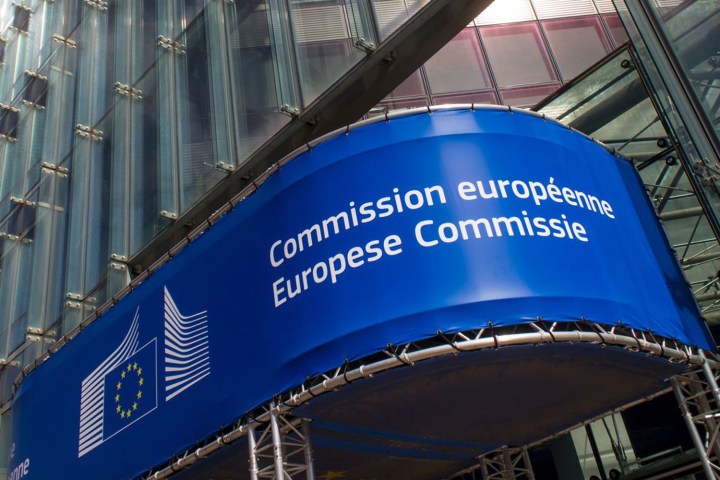
In the original ruling, the commission, which is the executive arm of the EU, ruled that Intel had abused its position as a dominant chipmaker by offering rebates to PC makers and retailers from 2002 to 2005 that would lower retail prices.
Ultimately, Intel was fined a record 1.06 billion euros ($1.2 billion U.S.) for allegedly pushing out its competitors, namely AMD, with these tactics.
Now, the company is continuing its long-running opposition to the fine with a new appeal that challenges the legitimacy of the commission’s ruling. The first appeal from two years ago was rejected.
Intel counsel Daniel Beard claimed this week in the European Union’s Court of Justice that the ruling did not consider “all relevant circumstances” of Intel’s rebate program. As a result, he said, it did not thoroughly investigate whether Intel rivals were truly put at an unfair disadvantage.
At the heart of the commission’s antitrust case against Intel is whether a company as big as Intel, with a considerably large market share than competitors, can hold certain commercial partnerships with the likes of Dell, Lenovo, and PC retailers.
These kinds of strategies can lead to “the marginalization or even the elimination of its only competitor,” said Nicholas Khan, a lawyer for the European Commission.
“By undermining its competitors’ ability to compete on the merits of their products, Intel’s actions undermined competition and innovation,” stated the ruling handed down in 2009.
Intel is one of many technology corporations butting heads with the European Commission over antitrust proceedings. The body has also been investigating Google for allegedly abusing its position in the search market and Qualcomm for allegedly paying original equipment manufacturers to include its chips in smartphones and tablets.
Intel’s fine in 2009 was staggering at the time but it’s since been topped by the commission’s $3 billion fine of Google last month.
Editors' Recommendations
- Intel Arc A380 struggles against AMD’s worst RDNA 2 GPU
- Intel CPUs attacked again as ZombieLoad V2 exploit rises from Spectre’s grave


